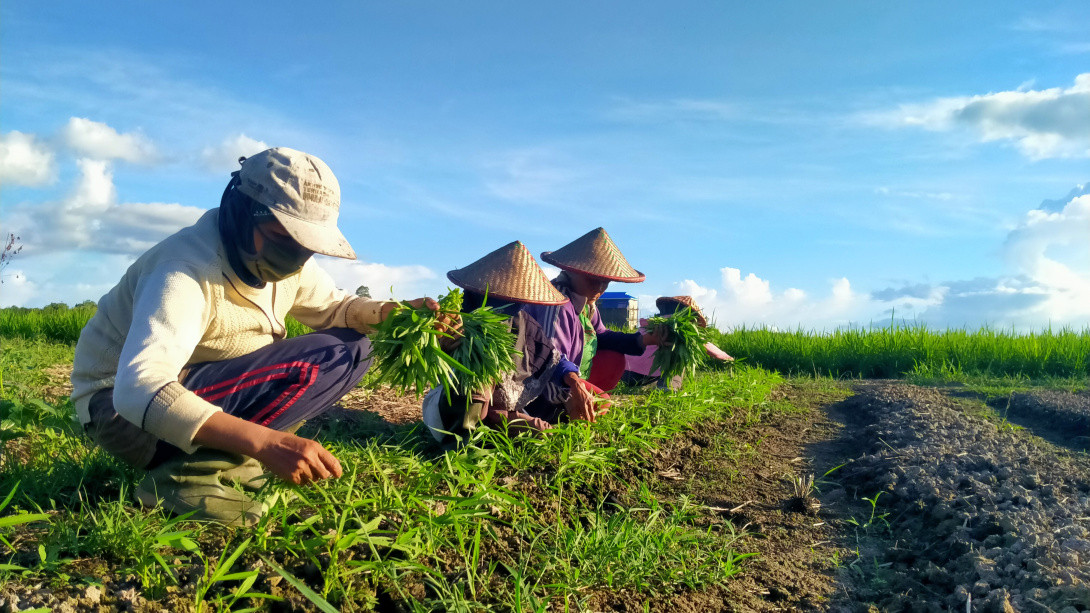
This project supports Indigenous young women in West Kalimantan to become leaders in environmental stewardship. Through leadership training, community-based environmental projects and an emphasis on traditional knowledge, they are enhancing gender equality and climate and ecological resilience in three regions where young women are often underrepresented.
Rainforests and peatlands at risk
The West Kalimantan province in Indonesia is home to some of the most vital ecosystems in the world, such as rainforests and peatlands. These environments are critical for maintaining biodiversity and storing carbon, but they're under constant threat from deforestation, extractive mining and the rapid growth of palm oil plantations using unsustainable method.
In regions like Kapuas Hulu, Mempawah, and Kubu Raya, these activities are not only destroying habitats but also contributing to significant carbon emissions. Indigenous communities, reliant on rainforests and peatlands for sustenance, are at risk of losing food security, economic prosperity and customary practices.
Young Indigenous women at the heart of nature action
Drawing from evidence affirming that women's participation in environmental management results in more holistic and enduring solutions, this project identifies a unique opportunity to leverage the role of young Indigenous women to take action. Historically excluded from decision-making, young women in Indigenous communities have a deep understanding of local environmental issues, and the traditional knowledge needed to tackle land restoration.
With this programme we can make sure young women are seen differently and can participate in decision making about environmental conservation. In big meetings we want them to be able to participate; to argue and express opinions about what they think should change environmentally – Rahmawati, Gemawan
The initiative will directly involve 330 young women from Kapuas Hulu, Mempawah and Kubu Raya regions, fostering their roles in environmental stewardship through enhancing leadership skills, building environmental knowledge and supporting active participation in environmental conservation decision-making processes.
With the long-term goal of cutting deforestation rates by 20%, Indigenous young women will lead their communities’ efforts in sustainable land management, restoring 16,000 hectares of critical ecosystems and improving the livelihoods of their communities, indirectly benefiting at least 2,000 individuals with eco-friendly income opportunities. The project's impact will also, it is estimated, sequester approximately 50,000 tons of CO2 annually.